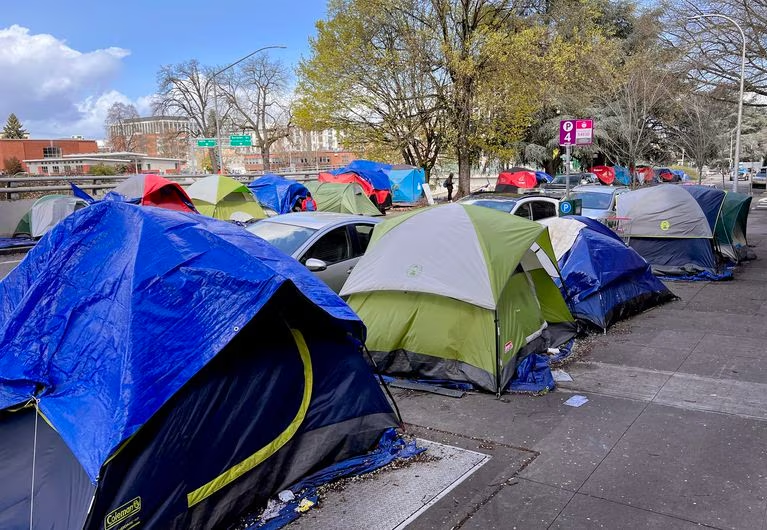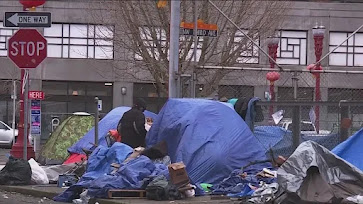Homelessness remains an ongoing issue that affects families across the nation. In this blog post, we will delve into the concerning increase in the number of homeless families in Portland. By examining the data, we aim to shed light on the challenges faced by these families while maintaining respect and empathy for their situation.
Between 2019 and 2022, Portland experienced a significant increase in the number of homeless families. The data reveals that the count rose from 319 families to a staggering 668 families during this period. These numbers paint a stark picture of the growing issue and emphasize the urgent need for action.The rise in homelessness among families can be attributed to a range of complex factors, including economic instability, lack of affordable housing, and unforeseen events. These circumstances can push families to the brink of homelessness, jeopardizing their stability and well-being.
The increasing number of homeless families in Portland calls for a collective effort from various stakeholders to find effective solutions. It is crucial to approach this topic with empathy and understanding, recognizing that the struggles faced by homeless families often stem from circumstances beyond their control.
By fostering compassion and actively engaging with this issue, we can work towards creating a society where no family has to endure the hardships of homelessness. This entails providing access to safe and affordable housing, comprehensive support services, and opportunities for sustainable employment. Collaborative efforts among government agencies, non-profit organizations, and communities are essential in addressing the underlying causes and providing the necessary support to homeless families.
The alarming increase in the number of homeless families in Portland underscores the urgent need for proactive measures and compassionate support systems. By acknowledging the challenges faced by these families, raising awareness, and working together, we can make a significant difference in their lives. Let us strive for a future where every family in Portland has access to secure housing and the resources they need to thrive.
For more information and statistical references please visit: https://www.multco.us/johs/point-time-counts
By Christian Riley Fuller













